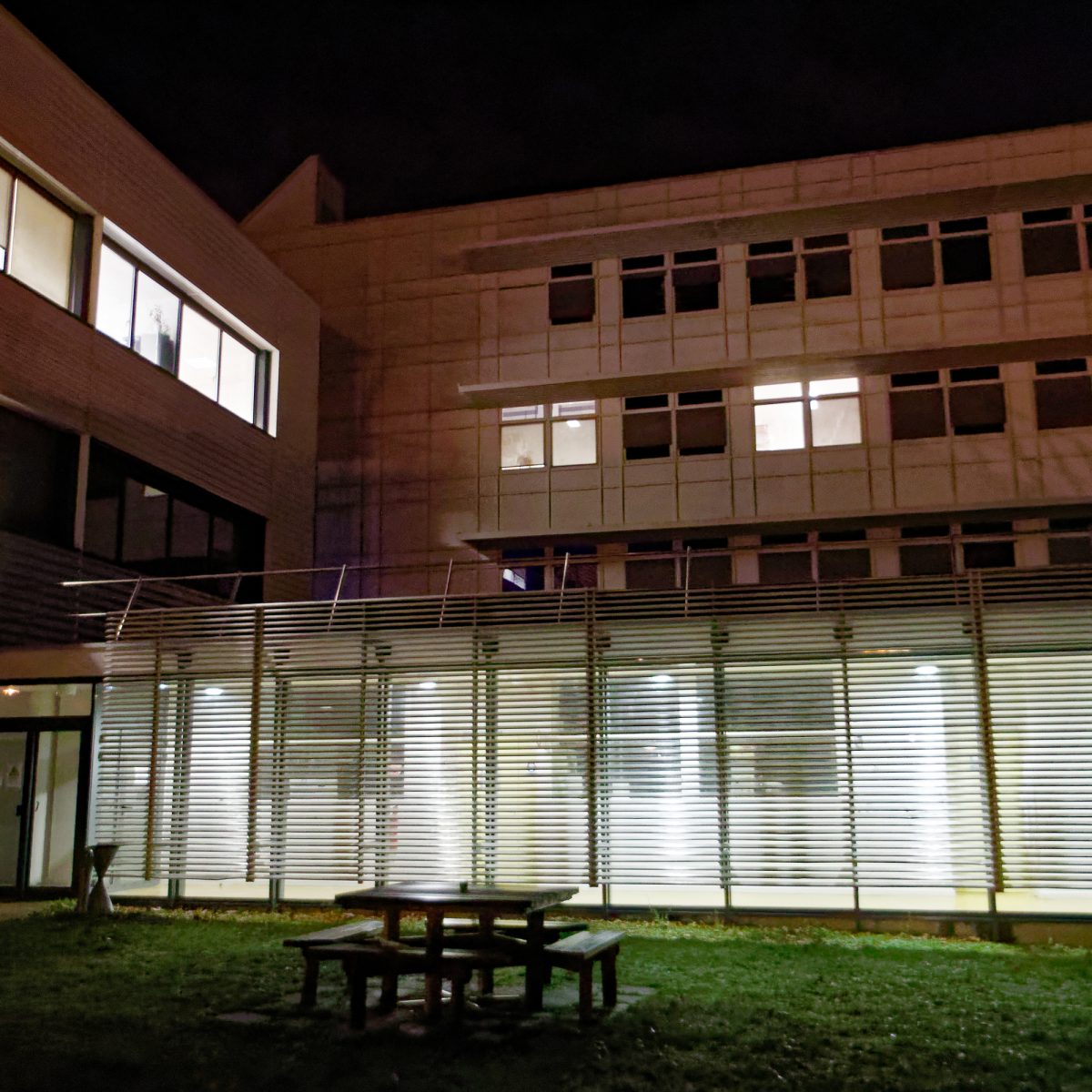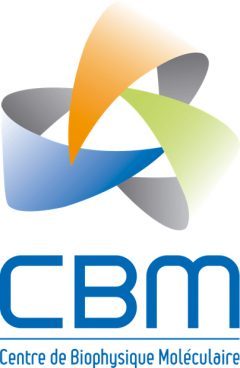
UPR 4301
Center for Molecular Biophysics, CNRS - Orleans
The Center for Molecular Biophysics (CBM) develops research at the interface of chemistry, biology and physics to study the molecular mechanisms that sustain life or dysfunctions leading to diseases.
News
All news11 juillet 2025 : séminaire de Timothy Reichart
"Mirror-Image Targeted Cancer Therapies Enabled by Cysteine-Free Conformationally-Assisted Ligation"
2025, July 11 - Timothy Reichart seminar
"Mirror-Image Targeted Cancer Therapies Enabled by Cysteine-Free Conformationally-Assisted Ligation"
2025, July 4: Malika Mekhalfi seminar
"Diatoms as Cell Factories: Innovations in Antimicrobial Peptide Manufacturing"
4 juillet 2025 : séminaire de Malika Mekhalfi
"Diatoms as Cell Factories: Innovations in Antimicrobial Peptide Manufacturing"
2025, June 25: Sarah HOSTACHY seminar
"Chemical biology approaches to investigate metal-protein interactions"
27 juin 2025 : séminaire de Sarah Hostachy
"Chemical biology approaches to investigate metal-protein interactions"
Jelena Pajovic seminar - June 20, 2025
Nanoparticles' excursion to cellular world - Photophysics of biofunctionalized gold nanoparticles in live cells.
Séminaire de Jelena Pajovic - 20 juin 2025
Nanoparticles' excursion to cellular world - Photophysics of biofunctionalized gold nanoparticles in live cells.
Le CBM publie ses réalisations vidéos sur Canal U
Vidéo pédagogique : découvrez l'Imagerie par Résonance Magnétique et les travaux de l'équipe "Complexes métalliques et IRM".
The CBM publishes its videos on Canal U
Educational video: discover Magnetic Resonance Imaging and the work of the “Metal Complexes and MRI” team.
Prochains évènements
Retour à l'agenda11 July 2025
11 juillet 2025 : Séminaire de Timothy Reichart
"Mirror-Image Targeted Cancer Therapies Enabled by Cysteine-Free Conformationally-Assisted Ligation"
11 July 2025
2025, July 11: Timothy Reichart seminar
"Mirror-Image Targeted Cancer Therapies Enabled by Cysteine-Free Conformationally-Assisted Ligation"






